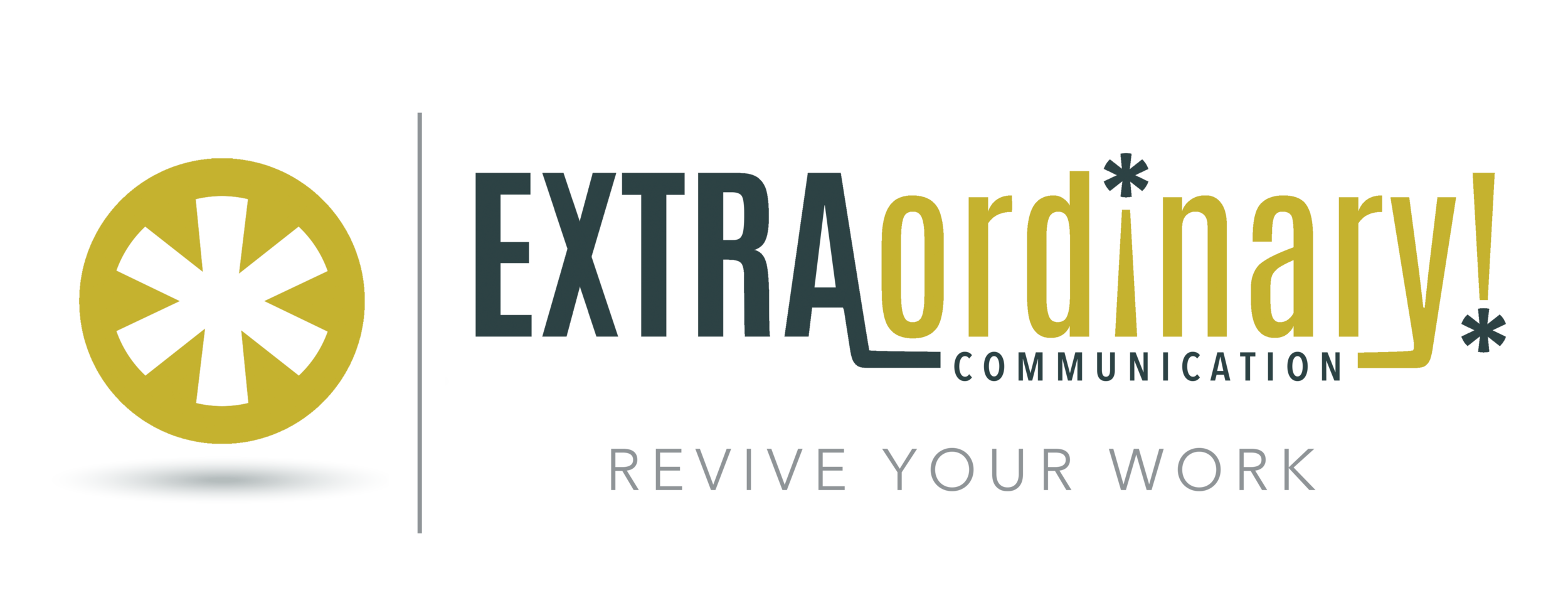E-couragement: Your Personal GPS
“Most people are afraid to ask for feedback because they are afraid of what they are going to hear. There is nothing to be afraid of. The truth is the truth… You cannot improve your life, your relationships, your game, or your performance without feedback.” Jack Canfield, The Success Principles
The great American philosopher Yogi Berra said, “We’re lost, but we’re making good time.” Quite apropos when I consider how many leaders I speak with who are working harder than ever, yet often not getting where they want to go. Wouldn’t it be great to have a personal GPS to keep you on course and prevent you from heading the wrong way?
For engaging leaders, getting lost is part of the journey. Remaining lost is not. It’s vital to have a reliable means of correcting your course to get back on track. Fortunately you have a personal GPS at your beck and call. It’s called feedback. A key area to gather insight into your leadership effectiveness is from those whom you lead.
Let’s consider a simple format for gathering feedback. First, it’s never appropriate to “ambush” your feedback participant—no surprises allowed. Set an appointment in advance, indicating that you would like to hear their perspective regarding your effectiveness as a leader.
Begin by asking, “On a scale of 1 – 10, how would you rate me as your leader?”[i] Listen to their response and ask, “Tell me why you gave me that score.” After each answer, or idea they provide, question, “What else?” until they finally say, “That’s it.” Next ask: “What would have to be different for me to receive a ten?” Again, continue intently listening and writing the answers, asking, “What else?” until they are done. Finish with one final question: “From the list of suggested improvements, what do you see as my top priority?”
You will leave this encounter with valuable information. Thank them for the gift of insight and the courage to share their truth with you. Tell them that you intend to make use of their thoughts and will ask them again, in the future, the same set of questions to track your progress.
Here’s the crux: Your response to the feedback will determine if you ever receive any again. This includes your body language, voice tone, and words. Be receptive to the insight others have the courage to offer.
Finally, be sure to act upon it. Allow the feedback to “sink” in by creating time for quiet introspection. What resonates with you? Have you had similar feedback in the past? What should you let go? Show your appreciation to your feedback provider by following up and letting them know how their ideas have helped you. Treat this as the gift that it is. Use it to guide you towards the person and leader you’re intended to be.
Leave your comments: What “process” do you use to gather meaningful feedback? Tell us about insight you’ve received that has had an impact on your work and life?
[i] Jack Canfield, Success Principles (New York, NY: HarperCollins Publishers Inc., 2005), page 157
